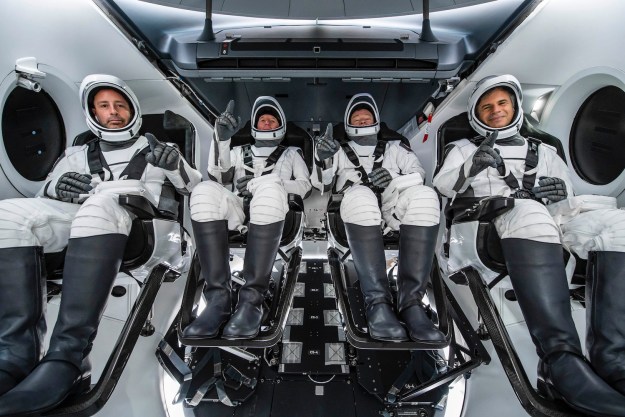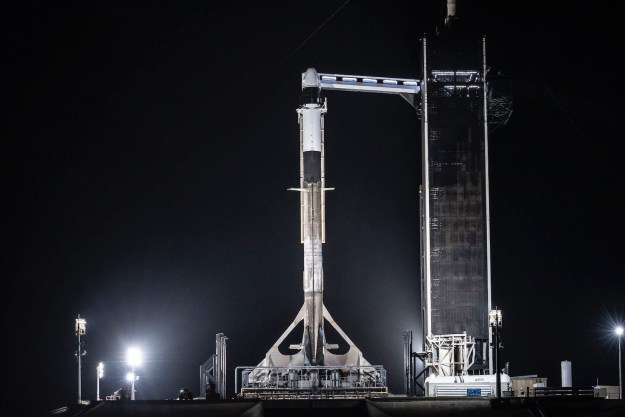In the race to ready a commercial crew capsule for trips to the International Space Station (ISS), SpaceX and Boeing have been conducting various tests on their respective parachute systems that are tasked with bringing the space vehicles safely back to Earth.
Keen to throw the spotlight on its ongoing work, Boeing has just released a short video (below) showing some behind-the-scenes footage of its CST-100 Starliner capsule undergoing a recent parachute test in which it was dropped from a high-altitude balloon.
“It’s part of our path to qualify the entire landing system to fly NASA astronauts,” Boeing said in a tweet accompanying the video.
Check out this behind-the-scenes footage of #Starliner’s latest parachute test. It’s part of our path to qualify the entire landing system to fly @NASA_Astronauts. pic.twitter.com/rO5a6XLiLu
— Boeing Space (@BoeingSpace) May 10, 2019
Both Boeing and SpaceX have been contracted by NASA to create systems to ferry astronauts between Earth and the ISS.
While SpaceX continues to work on its Dragon 2 crew capsule, Chicago-based Boeing has been developing the Starliner. Designed for returning to land rather than sea, the capsule can hold up to seven astronauts and be reused up to 10 times.
Boeing was due to launch its first uncrewed Starliner test flight in March 2019 but postponed it because of scheduling pressures. The capsule’s debut outing has now been set for August when it’ll be taken skyward on a United Launch Alliance Atlas V rocket from Cape Canaveral, Florida.
Meanwhile, SpaceX’s efforts have been gathering pace after it docked its Crew Dragon capsule — sans astronauts for the test trip — with the ISS in March 2019, marking the first mission to the space station of a commercially built and operated American rocket and spacecraft designed to carry humans. The capsule made a successful return to Earth a week later.
But it hasn’t all been plain sailing for the two companies, and there are clearly important issues that still need to be resolved. SpaceX, for example, recently revealed that the same Crew Dragon that returned from the ISS was later destroyed by an engine anomaly during a ground-based test firing of its thrusters at Cape Canaveral. In addition, a House subcommittee hearing last week revealed the failure of a SpaceX Crew Dragon parachute test that took place last month. “One of the four parachutes was set up not to open, but the other three failed to open fully, causing a test sled to hit the ground faster than intended and damaging it,” Space News reported.
Speaking to reporters after the hearing, NASA official Bill Gerstenmaier noted that Boeing’s parachute testing program has also suffered issues along the way, though he acknowledged that both companies have been making “tremendous progress for their respective parachute design and test campaigns.”
Editors' Recommendations
- Boeing time-lapse shows Starliner spacecraft’s easiest journey yet
- Watch SpaceX’s Crew-4 astronauts arrive at new home in space
- How to watch SpaceX Crew-4 astronauts launch to ISS
- NASA footage shows SpaceX Crew-4 training for ISS mission
- Watch NASA’s Crew-3 astronauts share highlights of their ISS mission


